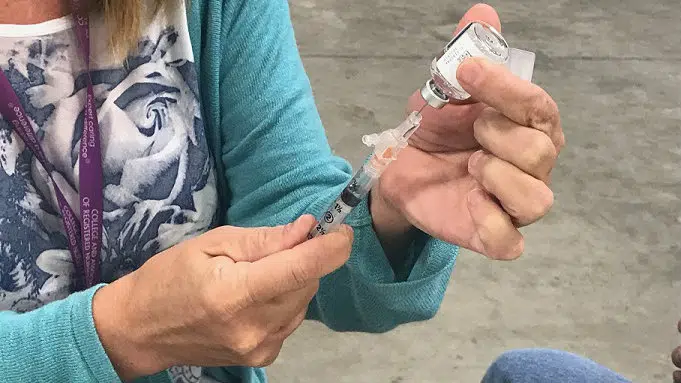
Number of influenza cases in Alberta already exceeding previous years
LETHBRIDGE – It’s been a cold and snowy winter for much of Alberta, and that’s one of many factors contributing to a tough influenza season in 2017-18.
Overall in the 2017-18 season, there’s been a total of 7,520 lab confirmed cases of both Influenza A and B, including 556 cases in the South Zone.
The number of Albertans who had lab confirmed influenza that have died is up to 65 as of this week, with three confirmed in the South Zone.
Statistically, the numbers are much higher than previous years.


